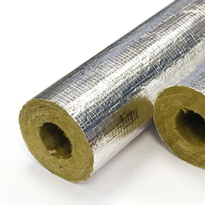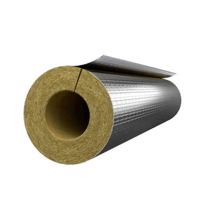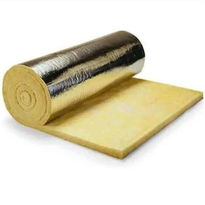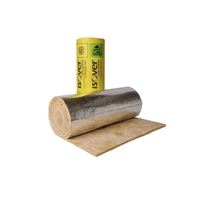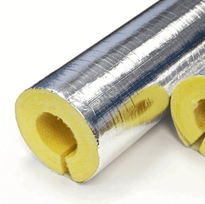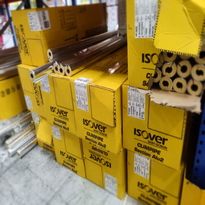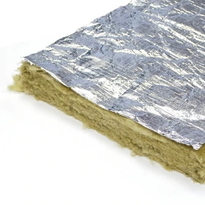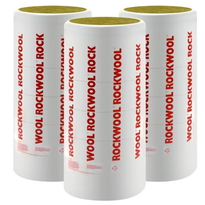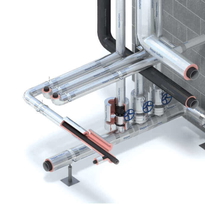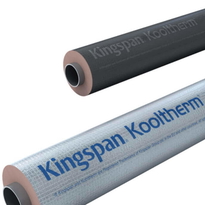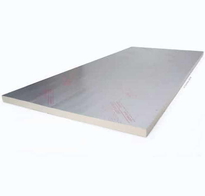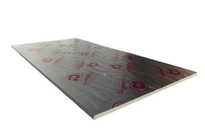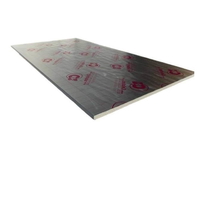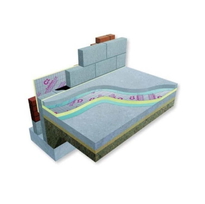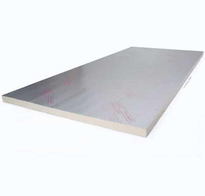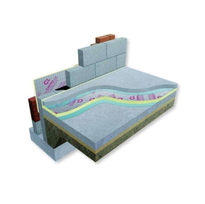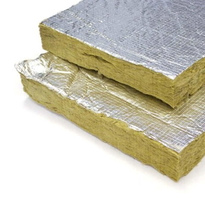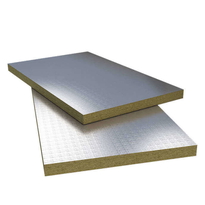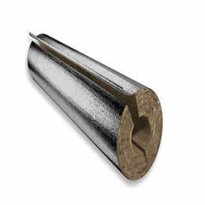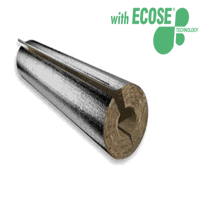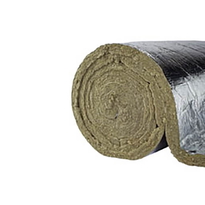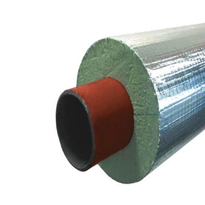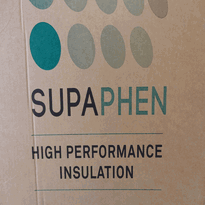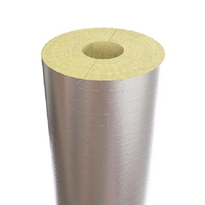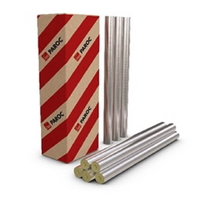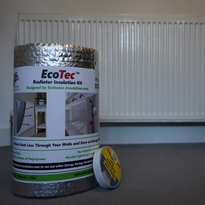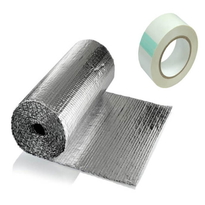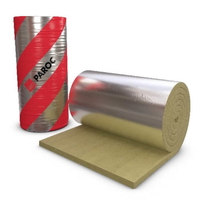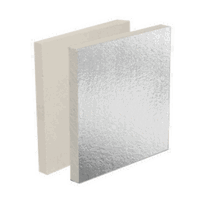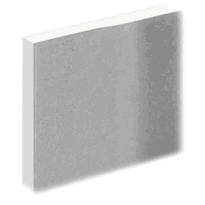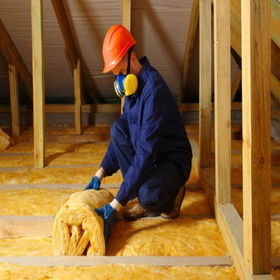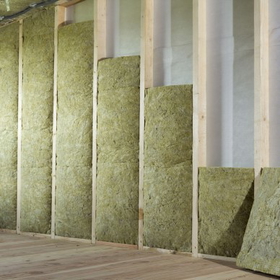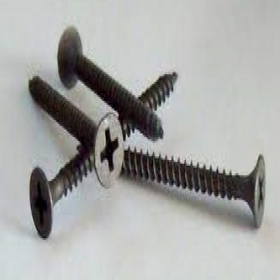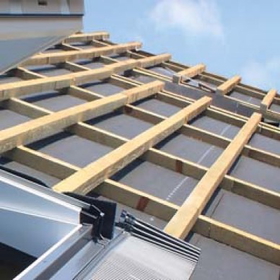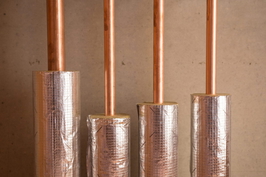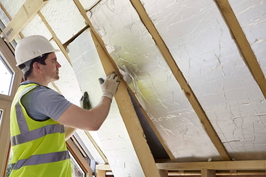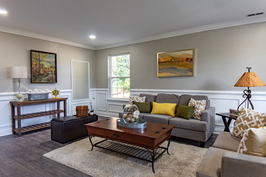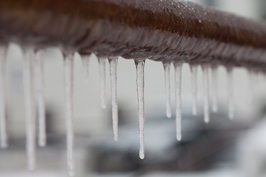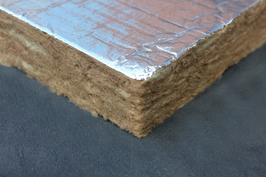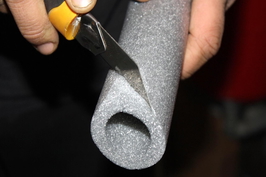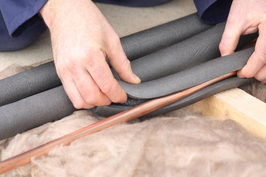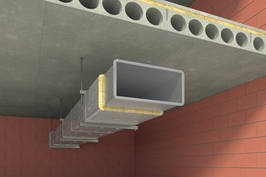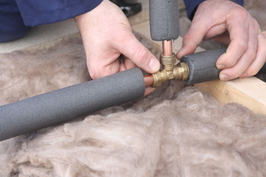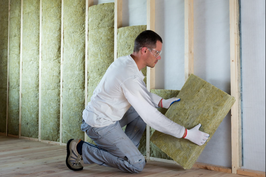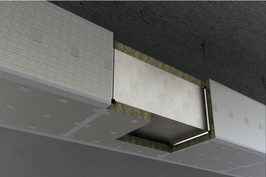Similar Categories
Top-Quality Foil-Faced Insulation Board for Ultimate Thermal Protection
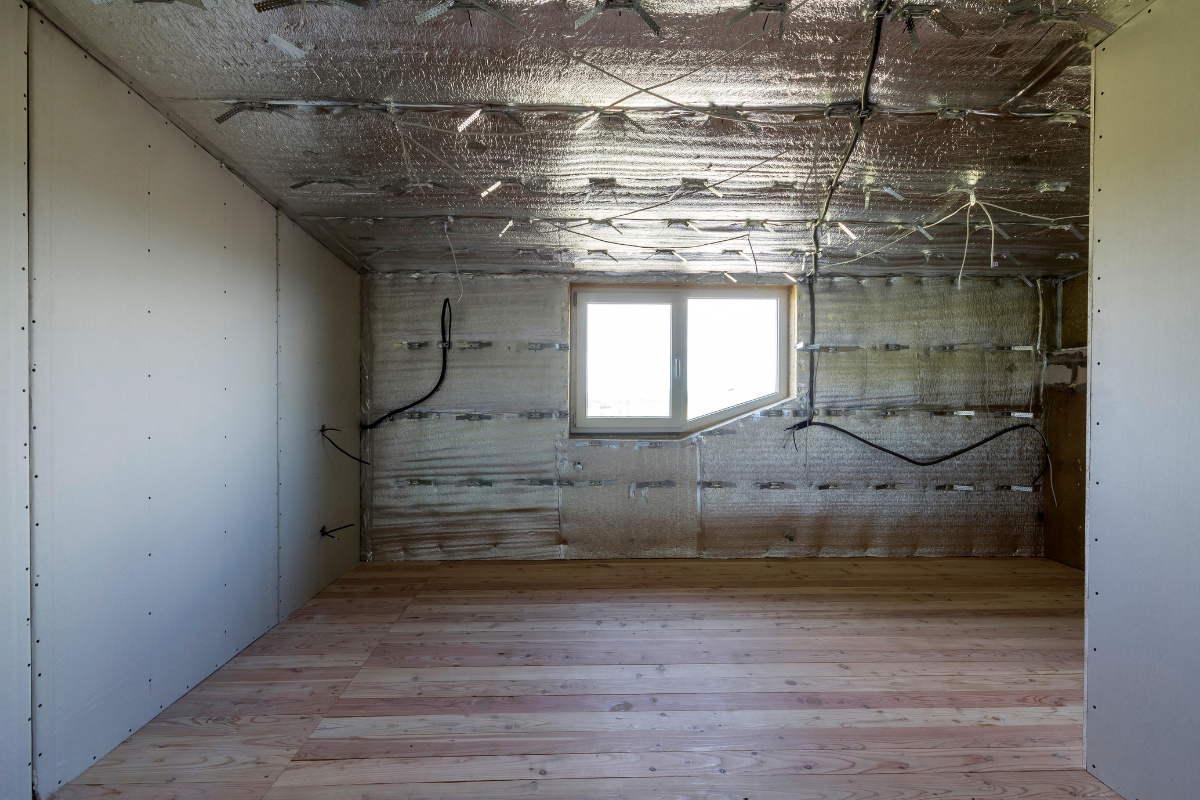 Choosing the correct materials for insulating your house may substantially affect energy efficiency and cost savings. The revolutionary solution, foil wall insulation, provides top-quality performance and improved outcomes by combining the benefits of conventional insulation with the added heat protection of a foil front. This article will investigate foil lined insulation in depth.
Choosing the correct materials for insulating your house may substantially affect energy efficiency and cost savings. The revolutionary solution, foil wall insulation, provides top-quality performance and improved outcomes by combining the benefits of conventional insulation with the added heat protection of a foil front. This article will investigate foil lined insulation in depth.
Read on to know more about this type of insulation.
What is Foil-Faced Insulation?
Foil-faced insulation boards are a form of thermal insulation material comprising a core insulation material bonded on one or both sides with a reflective foil front. Aluminium or aluminium faced materials are commonly used for the foil face. Types of foil face insulation include PIR insulation boards, Multifoil insulation, Foil-faced pipe lagging and foil ductwrap.
They are designed to offer excellent thermal protection by minimising heat transmission by conduction, radiation, and, in some cases, convection. They are intended to improve building energy efficiency by decreasing heat loss in cold areas and heat gain in hot climates.
Furthermore, the board's core insulating material offers resistance to heat conduction. These materials have low thermal conductivity, which means they are poor heat conductors, which serves to limit heat movement through the board.
The foil-facing works as a vapour barrier in some circumstances, preventing moisture from passing through the insulating layer. This reduces the likelihood of condensation and moisture-related problems within the building exterior.
Insulation board with foil provide better thermal protection and enhance building energy efficiency and comfort by combining reflective qualities, low thermal conductivity, and, in certain circumstances, vapour barrier capabilities.
Types of Foil-Faced Insulation
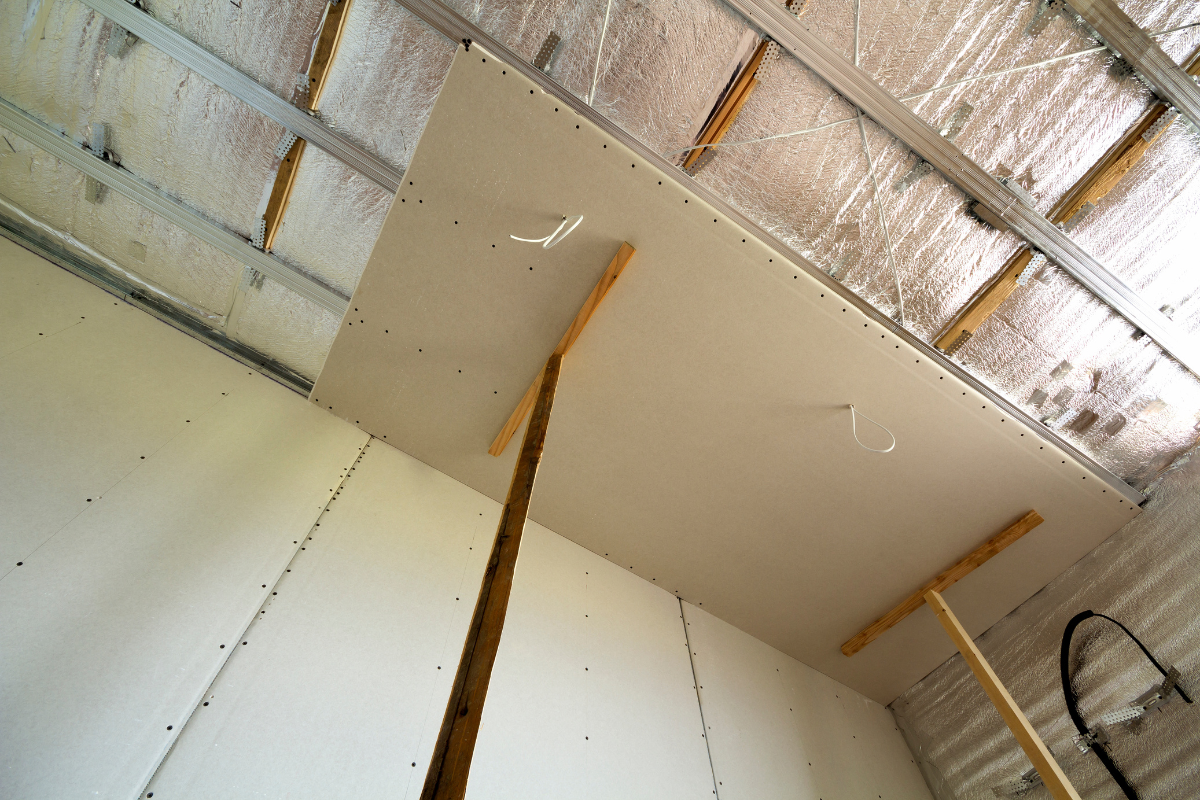 Let's check two common types of foil insulation:
Let's check two common types of foil insulation:
- Foil Insulation Board: This type of foil lined board features a core insulation material with a foil facing on one or both sides to provide enhanced thermal protection and reflective properties for example the foil faced polyisocyanurate.
- Foil-faced pipe insulation: This type of foil wrapped insulation is designed to wrap around pipes. It consists of a core insulation material with a foil facing, and silver backed insulation on the outside to provide thermal resistance and prevent heat loss or gain from pipes.
- Multifoil insulation: This insulation with foil backing consists of multiple layers of different materials, often including Foil, designed to provide effective thermal protection by reducing heat transfer through multiple mechanisms.
Key features and benefits of using foil-faced insulation
Foil backed insulation boards have numerous essential characteristics and advantages. For instance, their reflective qualities allow them to efficiently limit heat transmission via radiation, improving their thermal performance. This, in turn, improves building energy efficiency by decreasing heat loss during colder months and heat gain during hot months.
Furthermore, this insulation provides thermal protection by preventing heat transmission by conduction and maintaining a pleasant interior temperature. Most Foil backed boards and aluminum faced insulation also function as vapour barriers, minimising moisture infiltration and lowering the likelihood of condensation and mould formation. Because they are lightweight and simple to handle and install, saving time and effort.
Furthermore, these rigid boards are long-lasting and moisture-resistant, offering long-term thermal protection. They are suitable for various applications, including walls, roofs, and floors, providing adaptability for various building projects. Many boards offer fire-resistant qualities, which improves building safety. Finally, some of these foil board insulation and foil backed insulation roll are produced from recyclable materials, which helps to preserve the environment.
Thermal Performance and K-Value
Aluminium faced insulation exhibits excellent thermal performance, making it a popular choice for superior thermal protection in buildings. The reflective Foil facing one or both sides of the insulation board enhances its efficiency by reflecting radiant heat, reducing heat transfer through radiation.
Additionally, the combination of reflective properties and low thermal conductivity results in reflective insulation boards providing an effective barrier against heat loss during colder periods and heat gain during warmer times. This leads to improved energy efficiency and reduced building heating and cooling costs.
Moreover, aluminium faced insulation is versatile and compatible with various building structures, including walls, roofs, and floors, further enhancing its thermal performance throughout the building envelope.
Thus, by utilising silver insulation board, building owners can benefit from its superior thermal performance, creating a comfortable and energy-efficient indoor environment while contributing to sustainability and reducing the carbon footprint.
Installation and Application
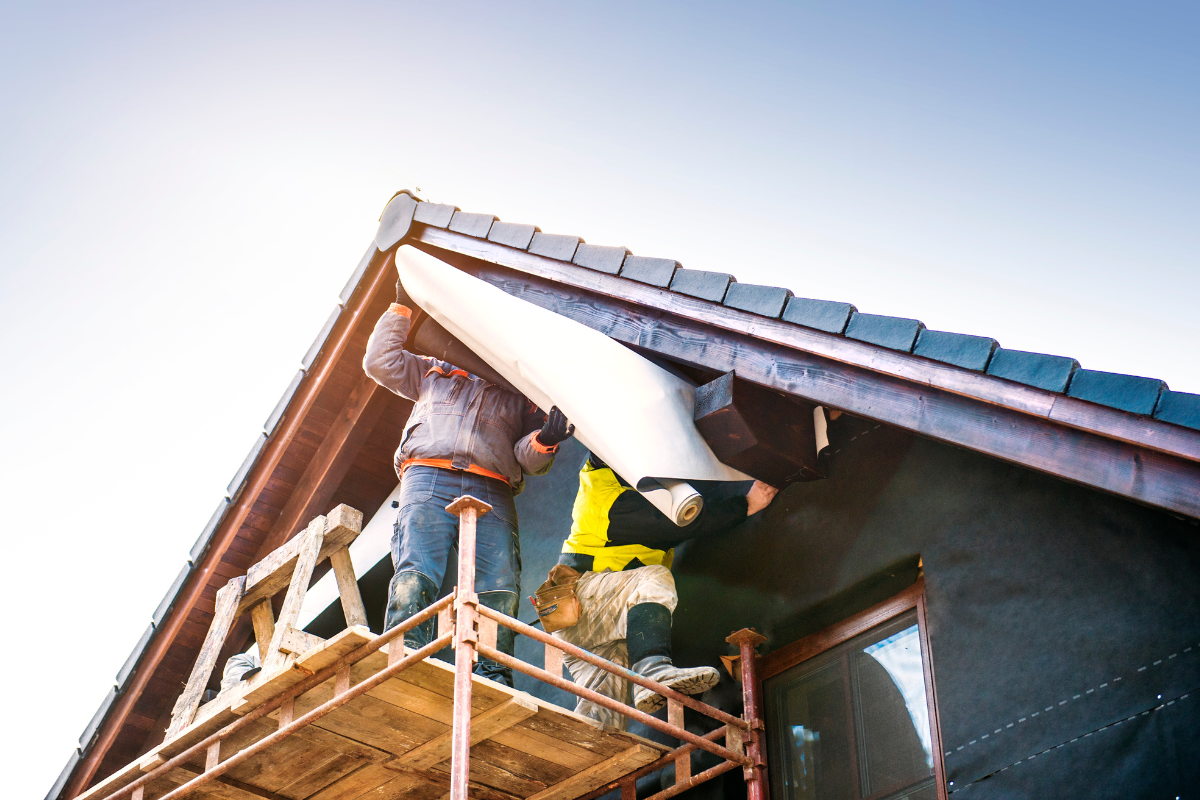
Before installing foil-faced insulation boards, there are a few pre-installation concerns and site preparation tasks. They include:
- Ensure the area is clear of dirt and impediments, dry, and clean.
- Remove any old insulation that can make installation more difficult.
- Addressing any moisture problems is also crucial since adequate moisture control is crucial for the durability and performance of the insulation.
Using the right installation methods is essential for attaining the best results. To begin, precisely measure and cut the insulating boards to match the specified space. Use the right equipment for accurate cuts, such as a utility knife or saw. Then, use appropriate adhesive or mechanical fasteners to safely connect the boards after that, making sure they fit tightly and preventing any gaps or air escapes.
But where to use foil? This wool can be used in various house parts, including walls, roofs, and floor slabs. During installation, follow the manufacturer's instructions and consider the specific requirements for each application.
Loft boards are commonly installed between studs or attached to the interior or exterior surfaces for walls. Roofs can benefit from foil-faced insulation boards installed in the attic or on the underside of the roof deck. The insulation boards can be placed between joists or on top of the subfloor for floors.
Retrofitting or upgrading existing insulation requires special considerations. Evaluate the condition of the existing insulation and identify areas that may require improvement. In some cases, foil-faced insulation boards can be installed directly over existing insulation to enhance thermal performance. Ensure compatibility between the new insulation boards and the existing materials to prevent potential issues, such as moisture buildup or reduced ventilation.
Maintenance and Longevity
Maintenance and longevity are important considerations when it comes to foil-faced insulation. Proper maintenance practices can help ensure the insulation's effectiveness and extend lifespan, providing continued thermal protection in buildings.
Firstly, examinations should be conducted to check for tears or signs of moisture intrusion. Gaps or separations between insulation boards should be addressed to maintain a continuous and effective thermal barrier. Special attention should be given to the integrity of the Foil facing, ensuring it is intact and free from peeling or damage.
Secondly, regarding maintenance practices, it is crucial to address any moisture-related issues promptly. Moisture can compromise the insulation's performance and lead to mould or mildew growth. Proper moisture control measures, such as addressing leaks or improving ventilation, should be implemented to prevent moisture accumulation and maintain the insulation's effectiveness.
In addition, repairs should be made promptly if any physical damage is observed, such as tears in the insulation or damaged Foil facing. Follow the manufacturer's recommended repair methods, which may involve patching damaged areas or replacing the affected insulation boards. Proper repair techniques will help restore the insulation's integrity and thermal performance.
Maximizing Thermal Efficiency with Foil-Backed Insulation Solutions
When it comes to efficient insulation solutions, consider the benefits of foil backed rigid insulation. This type of insulation combines the advantages of reflective foil facing with the structural support of rigid insulation, providing exceptional thermal protection. If you're looking to enhance the insulation in your walls, foil backed wall insulation is a reliable choice, effectively reducing heat transfer and moisture infiltration. For versatile applications, foil faced foam board(s) are an ideal option, with their lightweight design and reflective properties contributing to improved energy efficiency. When you decide to install foil faced insulation, you're making a step towards creating a comfortable and sustainable indoor environment, as these insulation solutions effectively minimize heat transmission and contribute to overall energy savings.
Foil-Faced Insulation: Unmatched Thermal Excellence
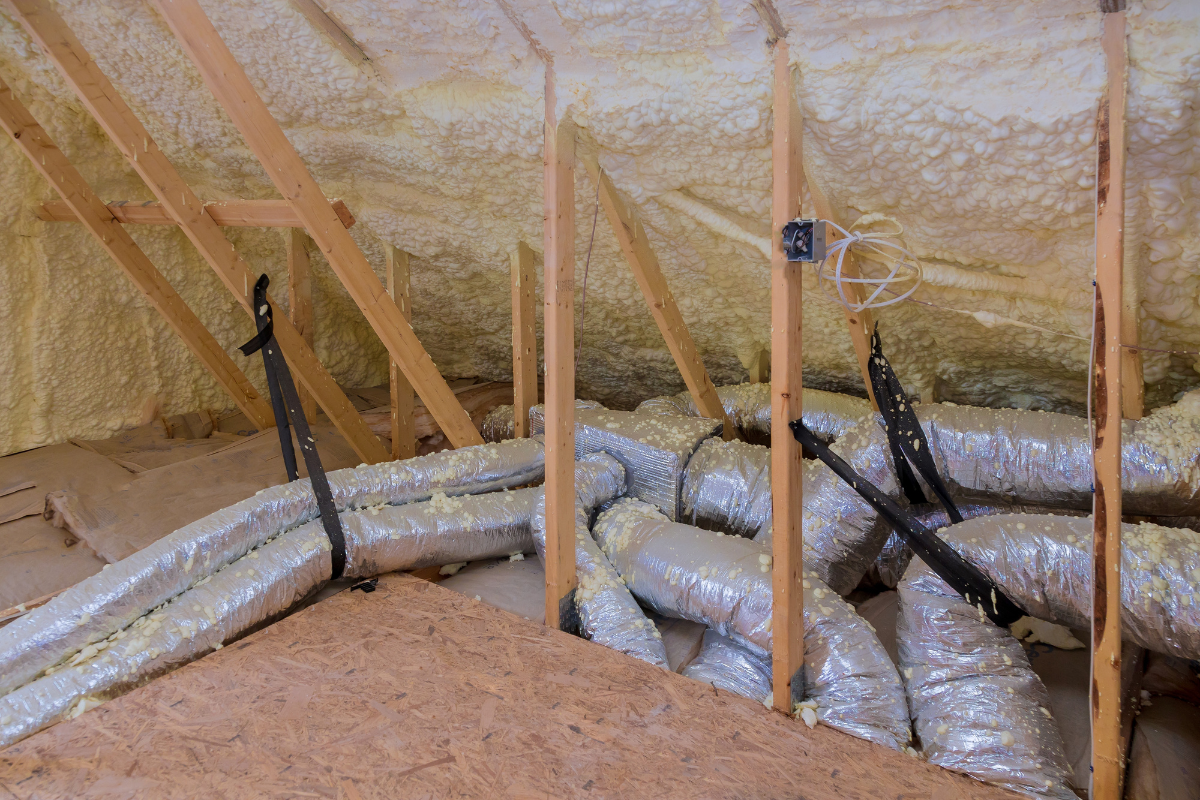
Introducing our top-quality foil-faced insulation board, designed to provide the ultimate thermal protection for your spaces. Our range includes aluminum faced foam insulation board(s) that feature an innovative aluminium foil membrane, combining superior heat resistance with efficient insulation properties. The aluminum faced insulation board installation ensures a seamless process, as the boards come with easy-to-follow instructions, making the installation efficient and effective. The foil backed foam and foil backed polystyrene insulation ensure exceptional heat retention while effectively preventing the escape of warmth during colder months.
Installation of our faced insulation boards is a breeze, with our foil lined insulation board range offering hassle-free application. Whether it's installing foil faced polyisocyanurate rigid foam insulation or foil backed bubble insulation, our products come with easy-to-follow instructions, making the process efficient and effective.
For those seeking non-combustible options, our rockwool foil faced insulation stands out. With a Euroclass A1 fire rating, it guarantees great fire safety, especially suitable for new build applications. Our range covers insulation cores of various thicknesses, from 25mm to 150mm, ensuring that you find the perfect fit for your needs.
When it comes to loft insulation, our offerings are unparalleled. Knauf insulation, Ecotherm, and IKO are just a few of the reputable manufacturers whose products we supply. Our loft roll insulation, including the moisture-resistant options, provides the ideal solution for pitched roofs, ensuring that your spaces remain cozy and free from freezing drafts.
Moreover, our foil-faced foam board selection boasts reflective foil insulation properties, enhancing energy efficiency by effectively reflecting heat back into your living areas. It's suitable for use in a wide range of applications, from external walls to internal partitions. The lightweight and compact design of our products also prevents bulky transport and carriage concerns.
Please note that our experts are here to advise you on the best product choices and installation methods. We understand the importance of achieving optimal U values, and our range is designed to help you meet your insulation goals efficiently. If you're looking for cost-effective options, we offer discounts on various products without compromising quality.
For those in search of versatility, our foil-faced wall insulation sheets are here to provide a solution. Designed to be suitable for various settings, they can be used alternately to divide and insulate spaces, ensuring a comfortable environment all year round. Additionally, our range includes moisture-resistant options that are well-suited for areas prone to dampness.
Incorporating advanced technology, our foil-backed insulation boards ensure excellent heat retention, keeping your indoor spaces comfortable while reducing energy consumption. The aluminum foil membrane plays a crucial role in enhancing the insulation's performance by reflecting radiant heat. This makes our foil faced foam insulation, as well as our foil faced polyisocyanurate rigid foam insulation products, ideal choices for energy-efficient designs and sustainable living.
In conclusion, our top-quality foil faced insulation boards provide the ultimate thermal protection for various applications. With a focus on performance, safety, and ease of installation, our products are tailored to meet your insulation needs effectively. Whether you're looking for aluminium faced foam insulation or rockwool foil faced insulation, we have the solution for you. Don't hesitate to contact us for further information, pricing details, or expert advice on achieving optimal insulation for your spaces.
Conclusion
To sum up, foil faced insulation roll has various characteristics and advantages that help provide the best thermal protection for buildings. These aluminum backed insulation and foil faced foam significantly minimise heat transfer and improve energy efficiency because of their reflecting qualities, low thermal conductivity, and occasionally vapour barrier characteristics.
FAQS
Q: What is Foil faced insulation board?
Foil faced rigid insulation is a type of insulation material with a layer of aluminum or silver foil on one side, which helps reflect heat and provides an effective barrier against moisture.
Q: What are the benefits of using Foil faced insulation board?
Foil covered insulation board offers several benefits, including improved thermal performance, enhanced moisture resistance, and reduced air leakage. It can help to increase energy efficiency, reduce heating and cooling costs, and create a more comfortable indoor environment.
Q: Is Foil backed insulation the same as Foil faced insulation board?
Foil backed insulation and Foil faced insulation board refer to the same type of aluminium backed insulation material. They both have a layer of Foil on one side, providing thermal insulation and a moisture barrier, which is better than that of foil foam insulation.
Q: Can foil-faced insulation board be used in walls?
A backed rigid insulation board can be used in walls. The board with foil back is designed to provide thermal insulation and moisture resistance, making it suitable for various applications, including walls, roofing foil and other building components.
Q: What is the price range of a Foil-faced insulation board?
The price of faced rigid insulation board may vary depending on the brand, thickness, and quantity. It is recommended to refer to the supplier or manufacturer's price list or contact them directly for specific pricing information.
Q: Is a foil-faced insulation board a solution for thermal insulation?
Rigid foil faced insulation is an excellent solution for thermal insulation. It helps to reduce heat transfer and can effectively improve the energy efficiency of a building.
Q: Can a foil-faced insulation board be used as a panel?
Silver backed insulation board can be used as a panel. It is available in different sizes and thicknesses, allowing for easy installation in various applications.
Q: What is foil faced insulation board?
A: Foil faced insulation board is a type of rigid insulation that has a layer of foil on one side. It is designed to provide ultimate thermal protection by reflecting radiant heat and reducing heat transfer through the walls or roof.
Q: How does foil backed insulation work?
A: Foil backed insulation works by creating a barrier that reflects heat away from the building. The foil layer helps to reduce the amount of radiant heat that is transferred through the insulation, keeping the interior of the building cooler in the summer and warmer in the winter.
Q: What are the advantages of using foil faced insulation board?
A: There are several advantages of using foil faced insulation board. It provides excellent thermal insulation, helps to reduce energy costs, is moisture resistant, is easy to install, and can contribute to the overall energy efficiency of a building.
Q: Can foil faced insulation board be used for both walls and roofs?
A: Yes, foil faced insulation board can be used for both walls and roofs. It is a versatile insulation material that can be used in various parts of a building to improve its thermal performance.
Q: What is the recommended thickness of foil faced insulation board?
A: The recommended thickness of foil faced insulation board depends on the specific requirements of the building and the desired level of thermal insulation. However, commonly used thicknesses range from 50mm to 100mm.
Q: What are some popular brands of foil faced insulation board?
A: Some popular brands of foil faced insulation board include Kingspan, Celotex, Xtratherm, and Kooltherm. These brands are known for their high-quality insulation products and excellent thermal performance.
Q: Is foil faced insulation board suitable for use in moist environments?
A: Yes, foil faced insulation board is designed to be moisture resistant and can be used in moist environments. However, it is important to ensure proper installation and take necessary precautions to prevent moisture buildup or condensation.
Q: What are some alternatives to foil faced insulation board?
A: Some alternatives to foil faced insulation board include glass mineral wool, phenolic foam board, and flexible insulation materials. These alternatives offer different thermal properties and may be more suitable for specific applications.
Q: How can I order foil faced insulation board?
A: To order foil faced insulation board, please contact a reputable insulation supplier or distributor. They can provide you with information on pricing, delivery options, and any additional requirements you may have.
Q: Can I get a discount if I order a large quantity of foil faced insulation board?
A: Some insulation suppliers may offer discounts for bulk orders or large quantities. It is best to inquire with the supplier about any potential discounts or promotional offers.
